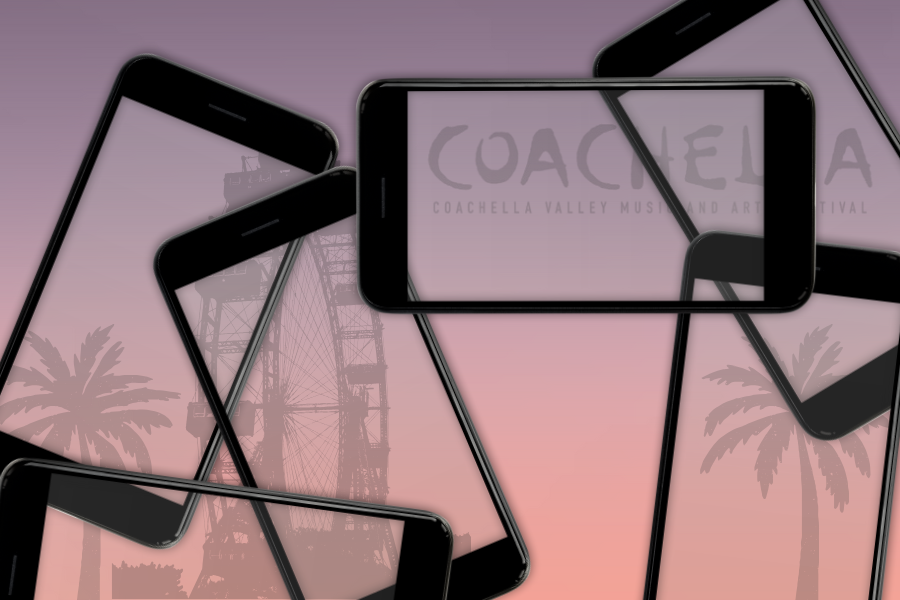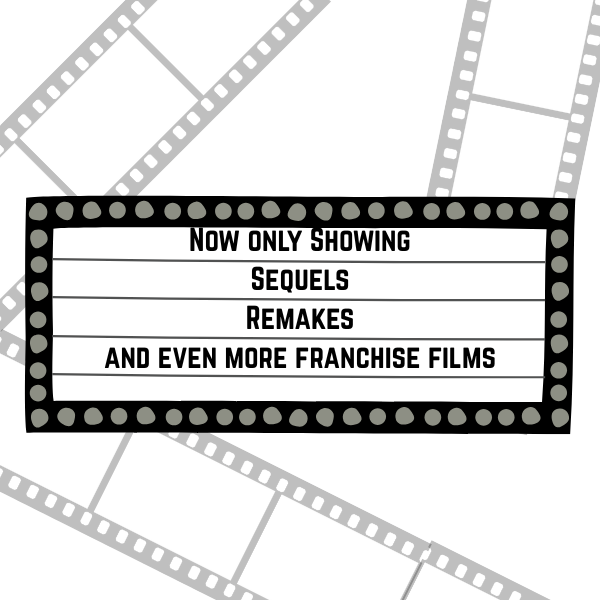With the recent shooting in Tucson, many questions about political rhetoric have arisen. One major theme has been the combative tone. Directly after the tragedy, a major blame campaign occurred with opponents from both the right and left pointing fingers at one another. It seemed as though both sides were holding onto their collective breaths, just waiting for any information related to the political leanings of the shooter, Jared Loughner. What was found out was that Loughner is an atheist who thoroughly believes in conspiracy theories pertaining to the United States. He is also a young man who had shown patterns of mental instability in the past. The shooting itself led to a major tone-down in Washington, culminating with Republicans and Democrats sitting side by side during President Obama’s State of the Union Address in a show of good will toward one another. The question of whether or not political rhetoric is being taken too far, however, still remains.
Politics has always been a dirty game in America. It is an arena unlike any other, where a person’s dirty laundry being aired out is just a routine part of the game. Political rhetoric, whether liked or not, is a major component in the campaigning process. This, however, is a new era in which information has never been so easily accessible. It can be said that there is an information cycle for every type of political leaning. With all these competing viewpoints out there, it is hard to fully grasp what is going on without having it be somewhat skewed by a political undertone. What it all comes down to is a question of fundamentals, which is where the problem lies.
Both the right and left wings of the political spectrum have veered off into their own versions of fundamentalism, with the classification of oneself being a liberal or a conservative being the line drawn in the sand. This is not to say that differing opinions should not be welcomed; for it is the essence of America that allows citizens the freedom to act freely in terms of what they believe. It can be said, however, that this is a completely new era that grants a voice to many who would have never had the opportunity to have their thoughts available to others. With the advent of the Internet and social media, people have been able to share information at a rapid pace that has never been seen before. As has been shown recently with the political revolution of Egypt, these factors have a major role in the transferring of ideas and beliefs. But in providing all of these opportunities for free speech and opinions, the realization that more eyes are now looking upon information needs to be understood.
It has been easy for major media outlets to gain viewers throughout the past decade by appealing to the sensibilities of particular political leanings. Politicians have been able to take advantage of this by appealing to their core bases through these media outlets. With this new territory has come an influx of information for whatever political group one may fall into. But what this has created is a polarization in concern to the right and the left. Debates have fallen into the category of ratings wars, which has often led to inflammatory statements coming from both sides. Often instead of hearing the other side out, debates turn argumentative with the entire political spectrum trying to prove a point instead of trying to solve a problem. No doubt this is great for cable networks, but to what extent is it good for the country as a whole?
It can be said that political rhetoric has and always will be a major part of American politics. Our history is steeped with political rhetoric back and forth between major politicians. The man who occupies the $20 bill, Alexander Hamilton, was killed in a duel with Vice President Aaron Burr in 1804 due to a long standing political feud where the rhetoric was heated — to say the least.
This is certainly not to say that this is an acceptable way for politicians to handle issues with one another. But to not acknowledge that political rhetoric has been much uglier in this country’s past is a misstep. The political system has evolved into a much more civil institution than in times passed. The world has most certainly evolved as well. With that said, it is easy to see why politicians of this era take advantage of the tools at their disposal. And to believe that political rhetoric will die is pretty much wishful thinking, at least in this lifetime. It is a question of how far is too far. As in the case with the Tucson shooting, it is a reminder that perpetrators of horrendous acts can come from any walk of life.
With media outlets being at an all time high, politicians are clearly at more risk than ever as far as exposure goes. It is this exposure that can lead to misunderstanding and sometimes violence. In times of uncertainty, such as the one we are in now, it is easy to appeal to the fears of people and inflame the minds of citizens with rhetoric. The understanding needs to be that freedom has certain costs, and one of the costs is that you never know who may be out there. So in an era of technology, it is easy to rile up the masses. It might, however, be a little harder to calm them down.









Charles • Feb 20, 2011 at 9:09 pm
One thing you failed to mention political rhetoric as you put it, can only have a limited effect on a person, and even less of an effect if that person is not aware that it existed in the first place. If anyone wants to place blame for what Longhner did other than at the feet of Longhner, blame something that he was known to listen to. His Music. The punk rock group antiflag.